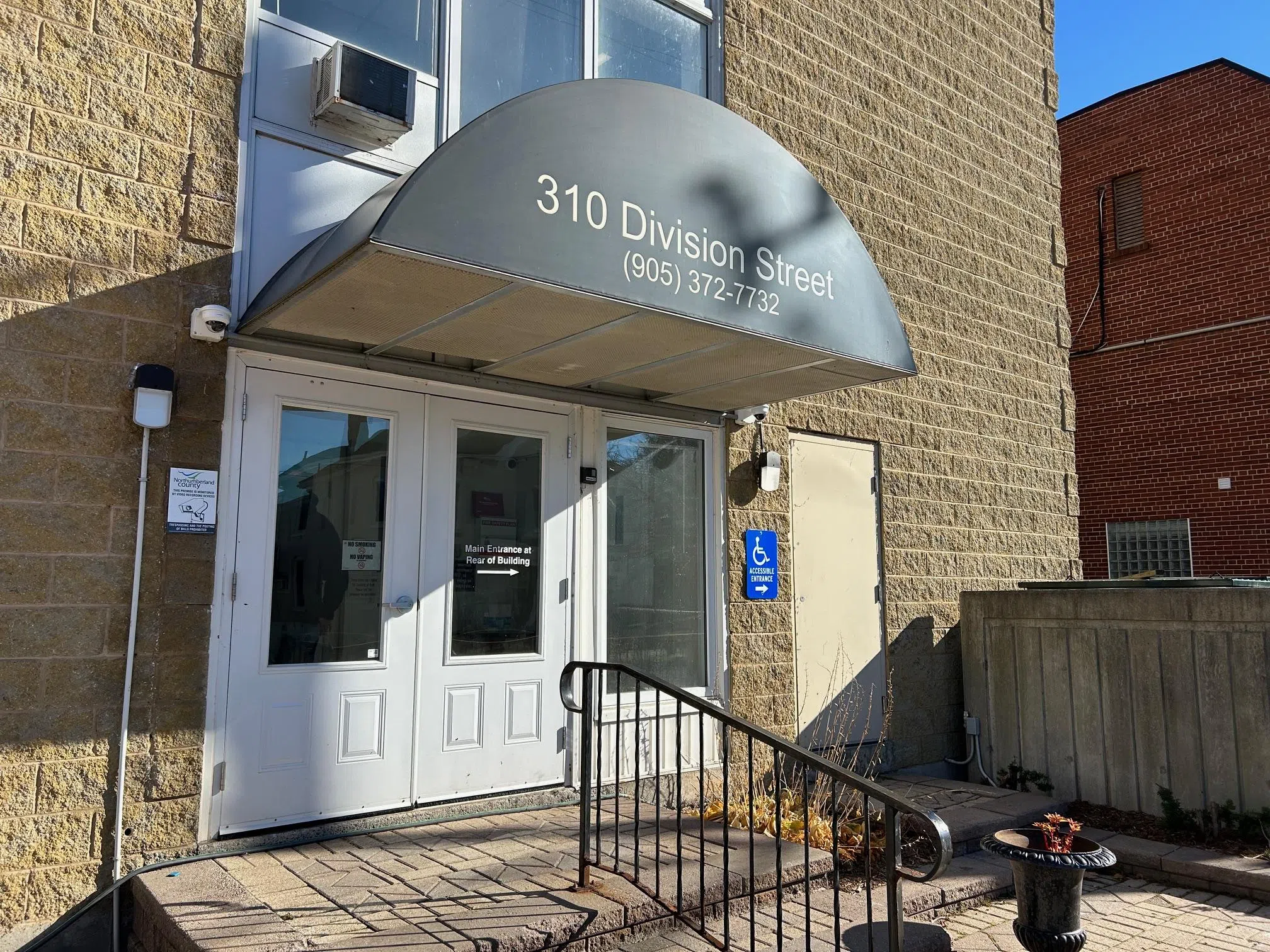
Northumberland County council has approved a revised operating model for 310 Division Street in Cobourg, transitioning the facility to focus on residents with low to moderate acuity. This change follows a June council directive that saw the end of the 24/7 drop-in warming and cooling hub that also provided showers and lockers. Under the new approach, transitional housing will provide safe, stable accommodations for residents while they develop skills and access resources needed for permanent housing.
Residents will sign occupancy agreements outlining eligibility, rules, and obligations. Support services will include mental health or addiction services, life skills training, employment or education support, regular unit inspections, and case management. Length of stay will vary depending on individual needs and housing availability, ranging from three months to several years. Updates to council are planned at three, six, and twelve months to evaluate successes and identify improvements.
Low-acuity residents are those with fewer barriers, such as stable employment but difficulty finding suitable housing. Moderate-acuity residents face multiple challenges, like seniors living in vehicles or limited social support. While 310 Division Street will align their focus on these groups, the county says outreach teams will continue supporting high-acuity individuals in the community, coordinating follow-up services with treatment providers and other programs.
Transitional housing at 310 is intended as an intermediate step, bridging emergency shelter and permanent housing. Funding from the province through the Homelessness Prevention Plan remains in place, ensuring continuity of services for residents under the new model.
(Written by: Joseph Goden)



